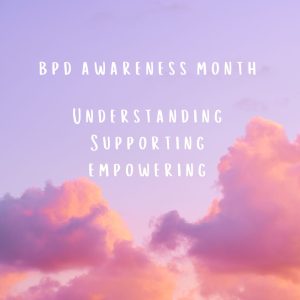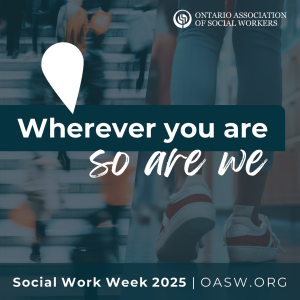Attention Deficit Hyperactivity Disorder (ADHD) is a neurodevelopmental condition characterized by difficulties with attention, hyperactivity, and impulsivity. While medication and behavioural interventions are commonly used to manage ADHD symptoms, one approach that has shown promise is Dialectical Behaviour Therapy (DBT). In this blog post, we’ll explore how DBT can help people with ADHD, offering them strategies to improve focus, regulate emotions, and enhance overall well-being.
Understanding ADHD and Its Challenges
ADHD can cause huge challenges in various areas of life, including academics, work, relationships, and self-esteem. Difficulty sustaining attention, impulsivity, and emotional dysregulation can impact daily functioning and hinder personal growth. Many people with ADHD struggle with feelings of frustration, overwhelm, and low self-worth as they navigate a world that often feels chaotic and demanding.
The Core Principles of DBT
DBT is a type of psychotherapy originally developed to treat borderline personality disorder (BPD). However, its effectiveness in addressing emotion dysregulation and interpersonal difficulties has led to its adaptation for other conditions, including ADHD. DBT is based on the concept of dialectics, which emphasizes the synthesis of opposing viewpoints to achieve balance and understanding. The core principles of DBT include:
1. Mindfulness: Learning to cultivate present-moment awareness without judgment is a central component of DBT. Mindfulness practices can help individuals with ADHD become more grounded, focused, and attuned to their thoughts, emotions, and behaviours.
2. Emotion Regulation: DBT teaches skills for identifying, understanding, and managing emotions effectively. For individuals with ADHD, who may experience intense emotions and struggles with emotional regulation, these skills can be invaluable in promoting emotional stability and well-being.
3. Distress Tolerance: DBT equips people with tools to cope with distressing situations without resorting to unhelpful behaviours. This can be particularly beneficial for individuals with ADHD who may struggle with impulsivity and difficulty tolerating frustration.
4. Interpersonal Effectiveness: Building healthy relationships and effective communication skills is a key focus of DBT. For people with ADHD, who may experience challenges in social interactions and maintaining relationships, these skills can help improve interpersonal dynamics and foster connection.
How DBT Can Help People with ADHD
1. Improved Focus and Attention: The mindfulness practices taught in DBT can help people with ADHD enhance their ability to focus and sustain attention. By learning to focus their awareness in the present moment, people can reduce distractions and improve concentration.
2. Enhanced Emotion Regulation: DBT provides strategies for recognizing and managing emotions in a constructive way. For people with ADHD, who may experience emotion dysregulation and mood swings, these skills can help promote emotional stability and reduce impulsivity.
3. Better Impulse Control: DBT’s emphasis on distress tolerance can help individuals with ADHD develop greater impulse control. By learning to tolerate discomfort and manage urges effectively, people can reduce impulsive behaviours and make more thoughtful decisions.
4. Increased Self-Esteem: As people with ADHD learn to apply DBT skills to their daily lives, they may experience a sense of empowerment and mastery over their symptoms. This can lead to improved self-esteem and confidence in their ability to navigate life’s challenges.
Conclusion
While ADHD presents unique challenges, DBT offers a promising approach for managing symptoms and enhancing overall well-being. By incorporating mindfulness, emotion regulation, distress tolerance, and interpersonal effectiveness skills, people with ADHD can learn to harness their strengths and cultivate resilience in the face of adversity. Whether used in conjunction with medication or as a standalone intervention, DBT has the potential to empower individuals with ADHD to lead more fulfilling and balanced lives. If you’re ready to get started on your DBT journey, book a free consultation with Dialectical Living today!





